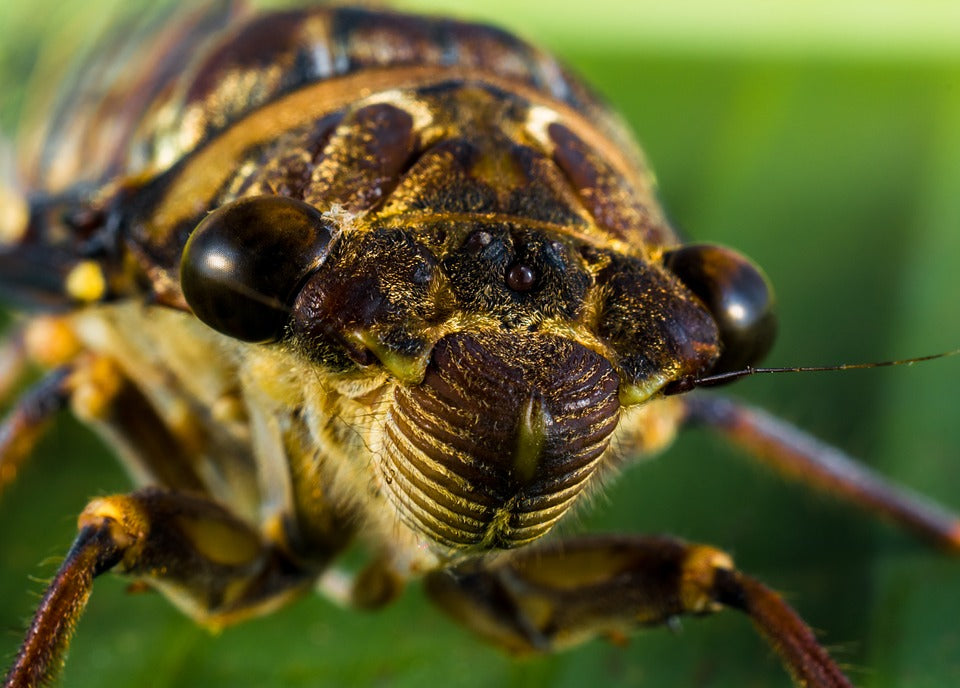Offer
Provide additional details about the offer you're running.
Provide additional details about the offer you're running.
Provide additional details about the offer you're running.

While it may not be terribly apparent to many of us, the fact is, insect populations around the world are in severe decline. As much attention has been brought to the bees and our monarch butterflies as of recently, the reality is; most insect species are also at risk.
Independent studies from across the globe are noticing the same findings as our population continues to grow and our farming and agricultural practices, in some areas, continue to worsen. Primarily linked to the use of insecticides and pesticides, the decline of our insects is one that will not only affect our birds but humans as well.
When insects die off or experience severe declines, they not only affect the animals that depend on them for food, their disappearance heavily affects the entire ecosystem. Services insects provide, such as pollination, are integral to the balance of the ecosystems of our beautiful planet.
As fewer plants and crops are pollinated naturally, we would subsequently be a victim of fewer quality crops to feed our livestock and ourselves.
When it comes to our birds, a 2010 study completed by a team of Canadian biologists suggested that North American bird species that depend on feeding themselves and their offspring with aerial insects have experienced declining chick survival rates than those that rely largely on seeds for nourishment.
Backed with data from the North American Breeding Bird Survey, the decline in bird populations that rely on insects is worrisome in itself.

While there are an estimated 1 million species of recorded insects around the world, scientists believe we have only scratched the surface on estimate populations. Many hypotheses indicate upwards of 4 million insect species worldwide that have yet to be recorded.
As many of us can certainly be guilty of treating insects as pests, especially those of us who live in rural areas, scientists and biologists alike are urging the public of the risks associated with completely removing native species from any landscape.
As with anything in nature, whether it be native plants, animals or insects, we are all here for a reason and each plays a role in creating and maintaining a healthy ecosystem.
High Quality Blend